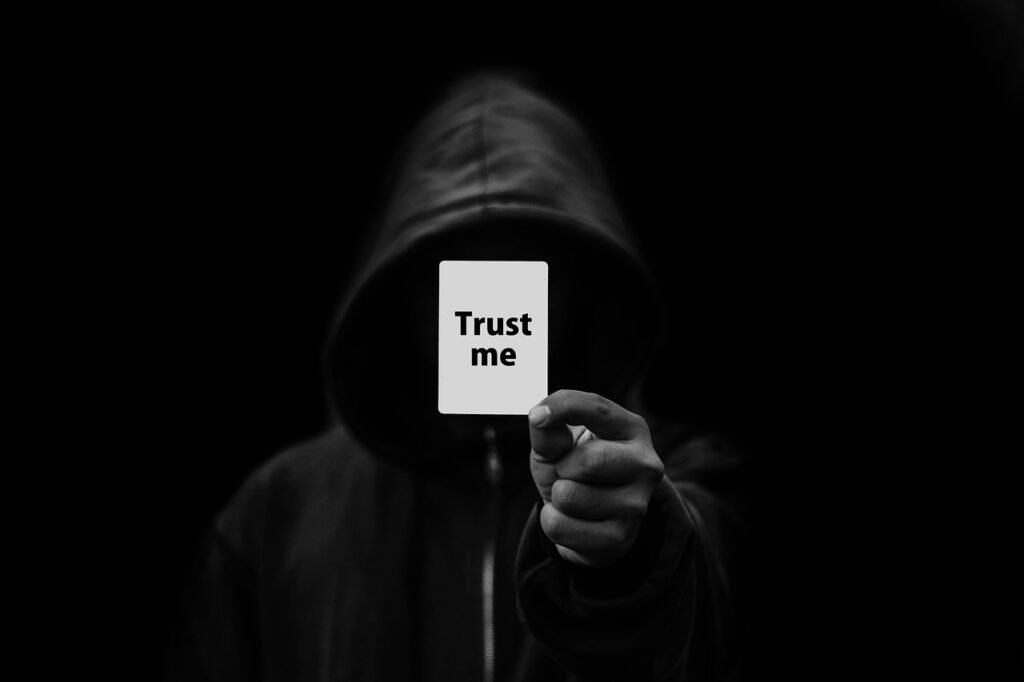
The Moment Truth Walked In
Death has a way of stripping away illusions. In life, people hide behind pleasantries, half-truths, and comfortable lies, until the finality of the grave forces silence upon them. Then, the unspoken rises like a ghost. Secrets spill from trembling lips. Regrets, once buried under pride or fear, claw their way to the surface.
Grief is a merciless lens. It sharpens the blur of emotions into something unbearably clear. The person we thought we knew is suddenly seen in full light, their hidden suffering, the control they endured, the love they couldn’t voice. In their final days, they may whisper truths that were once swallowed in silence, revelations that only make sense in the crushing weight of absence. The funeral ends, the crowd disperses, and what remains is the echo of what was never said and what can no longer be denied.
This is the moment truth walks in, uninvited, unapologetic. It doesn’t knock. It doesn’t soften its words. It simply stands there, undeniable, forcing us to see what was always there. The manipulation, the emotional chains, the quiet desperation masked behind a smile, all of it laid bare. And in that brutal clarity, we realize: death doesn’t just take a life. It reveals one.
The silence after the burial is the loudest truth of all.
The Cultural Silence
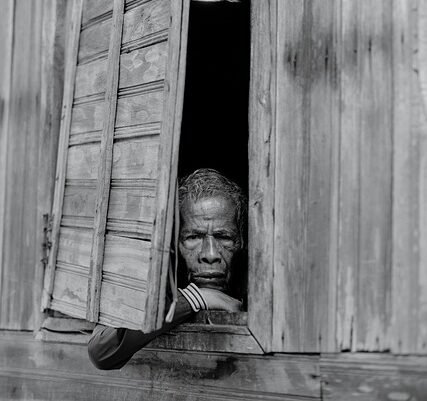
Some cultures demand silence like a sacrament, a holy duty to endure rather than expose. The family name becomes an altar, and its preservation requires sacrifice: truths left unspoken, wounds left unacknowledged, pain swallowed whole. Men, in particular, are taught to wear suffering as a badge of honor, to bear humiliation, manipulation, even abuse without protest. To speak would be to unravel the myth of unity, to risk disgrace not just for themselves but for generations. So they lock their anguish away, letting it fester in the dark, because the cost of truth is deemed too high.
But death refuses to play along. It shatters the performance. When the coffin closes, so too does the era of forced silence. It cracks open the vault of secrets, exposing what was buried alive. In the aftermath of loss, the whispers begin, the confessions that slip out between funeral rites, the damning realizations that surface too late. The departed may have carried their torment to the grave, but grief has a way of exhuming it. Suddenly, the unthinkable becomes undeniable: that silence was not strength, but surrender. That the very culture which demanded their quietude was complicit in their suffering.
Culture may demand silence, but death demands reckoning. It strips away the lies that bind and leaves in their place a terrible freedom: the freedom to see, to speak, to finally mourn what was lost long before the body was laid to rest.
Religious Facades
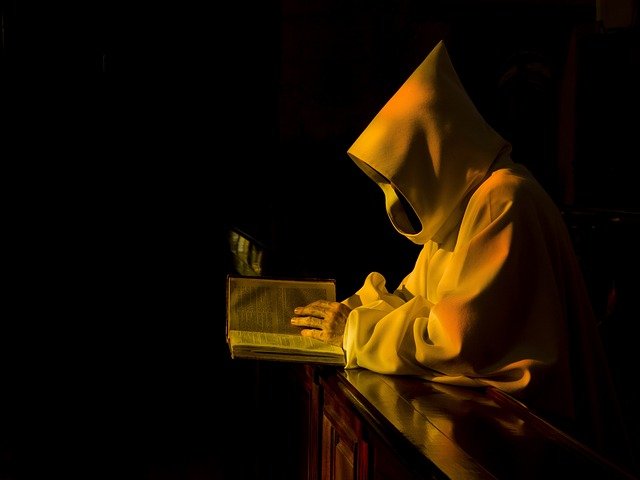
Religion, for many, is a refuge, a promise of mercy, justice, and unconditional love. But too often, it becomes a weapon, its scriptures twisted into shackles. Abusers hide behind verses.
What happens when faith becomes a performance? When the fear of shame outweighs the cry for survival? There are those who long to break free, to divorce, to escape, to simply breathe, but the weight of holy judgment crushes them. Family quotes scripture like a verdict. The community whispers behind ‘godly’ hands, more concerned with appearances than with the bleeding heart behind the brave face. And so the trapped endure, until the body gives out before the spirit does. The tragedy is not that they lacked faith, it’s that their faith was used to bury them alive.
In the end, the altar they trusted becomes their coffin. The prayers they whispered for deliverance go unanswered, while the ones who silenced them still dare to call it God’s will. Now, in the hollowed-out quiet of loss, the truth echoes loudest. All those years of swallowed words, stifled screams, and dutiful nods, what was it for? The community still gathers. The scriptures are still quoted. But he is gone. And the silence left behind is not holy. It is damning.
What We Saw Too Late
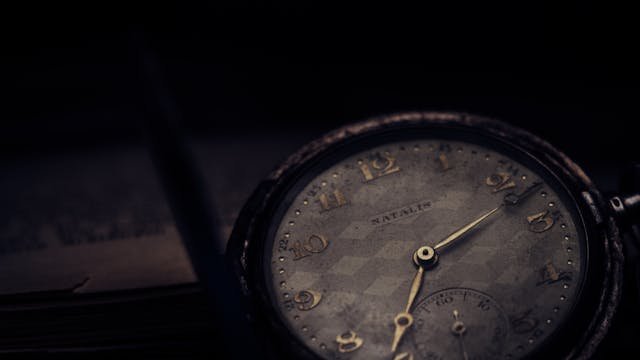
There is a particular kind of grief that comes not just from loss, but from realization, the slow, crushing understanding of what was missed in plain sight. The signs were there, but we mistook silence for strength, endurance for peace. He carried his suffering like a shadow, and we called it resilience. He laughed when he should have screamed, and we called it maturity. The truth is, families often mistake dysfunction for normalcy, because to name it would mean upheaval. So we normalize the unspeakable, and the unspoken becomes a tomb.
He cried for help in the only ways left to him, subtle, coded, folded into passing words or weary sighs. But we were fluent in the language of denial. Shame had taught us all to look away, to smooth things over, to preserve the illusion of harmony at all costs. Religion, culture, the weight of the family name, these became the bars of a cage none of us dared to rattle. By the time he spilled the truth, it was not a revelation but a confession, a final unloading of burdens he could no longer carry. And then it was too late.
The cruelest lesson of grief is hindsight. We see now how carefully he was dismantled, not with fists, but with words; not with violence, but with control. His toughness was not strength, but survival. His silence was not consent, but suffocation. And the worst of it is knowing that the very things meant to protect him, faith, tradition, family pride were the things that left him no way out.
We tell ourselves he is at peace now, but the truth is, he should have found peace while he was still here. The tragedy is not just that he died, but that he had to die for us to finally see him.
Death as a Mirror
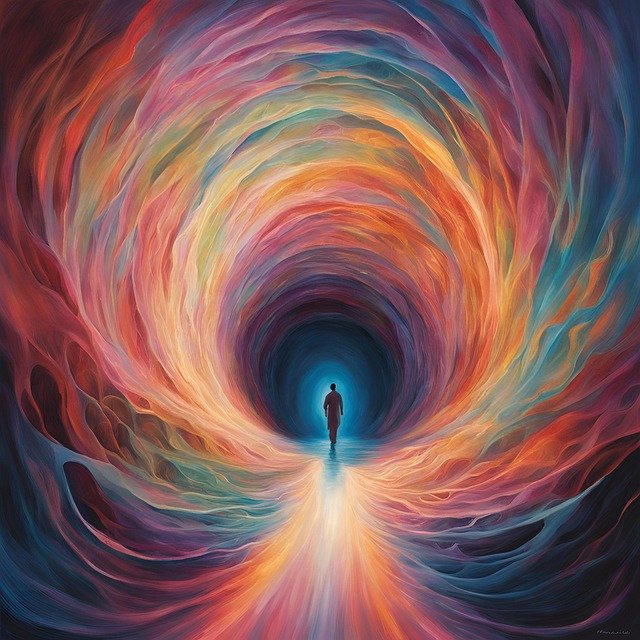
Death does not merely take, it unveils. In its wake, the masks we spend lifetimes crafting slip away, revealing what was always hidden beneath. Some arrive with hands outstretched, their grief raw and unpolished. Others vanish, their absence louder than any condolence. And then there are those who perform sorrow like actors on a stage, their tears scripted, their sympathy a hollow pantomime. Grief, in its brutal honesty, separates the real from the illusion. It shows us who loves in silence, who mourns in secret, and who never truly cared at all.
Now, we see everything.
No religion can sanctify the lies anymore. No culture can demand our silence. No family name can shield the rot that was left to fester. Death has burned away the pretense, leaving only what is real, and what is real is this: he was failed. By traditions that prized reputation over humanity, by faith that weaponized obedience, by love that was conditional. But death, the great equalizer, the final reckoning, does not negotiate. It strips bare every hidden wound, every unspoken truth, every carefully constructed facade. It does not cheat. It does not lie. It only reveals.
Death is the ending of the body, but the resurrection of the truth. And the truth is deafening.
In its light, there is no more hiding. No more pretending. Only what remains. Only what was always there.
Death is indeed the great revealer. And now, at last, we see.
— Banchu (Nama)
Author’s Note
I wrote this through a veil of pain and anguish, with a heart heavy from truths I can no longer ignore. This piece is for my brother, Fika, who suffered more than he ever should have, and whom we could not protect. His silence haunts me. His absence speaks louder than words. This is my grief, my reckoning, and my way of saying: I see you now. I’m sorry we didn’t see enough when it mattered most.